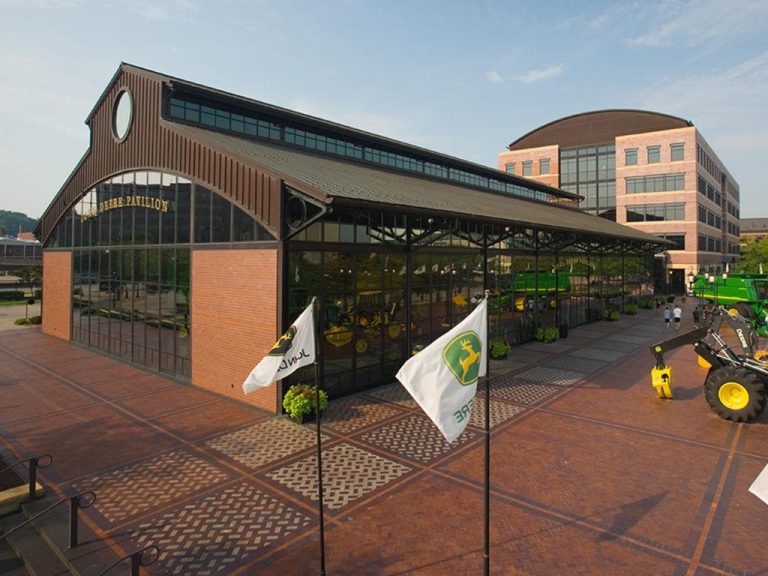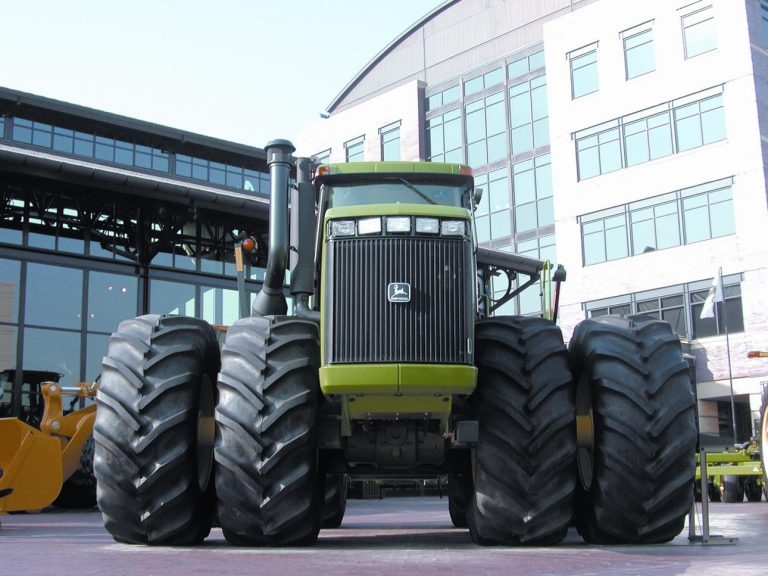This unique museum offers an engaging educational experience focused on the history of agricultural machinery and its impact on farming practices. As a prominent site linked to the heritage of John Deere, the museum showcases a collection of vintage tractors, engines, and related artifacts that illustrate the evolution of agricultural technology. This is a fantastic destination for students to learn about engineering, technology, and the historical context of the farming industry.
The museum’s student programs are meticulously crafted to be interactive and hands-on, placing a strong emphasis on STEM education through practical applications. Field trips often include guided tours where students can actively explore the museum’s exhibits, which feature tractors and machinery that have revolutionized farming techniques over the years. These tours are designed to actively engage students with the artifacts, learn about the principles of mechanics and engineering, and understand the importance of innovation in agriculture.
In addition to the exhibits, the museum provides educational resources that are thoughtfully tailored for various age groups, ensuring that it is a suitable destination for elementary through high school students. Activities may include scavenger hunts, interactive demonstrations, and discussions that highlight the significance of agriculture in both local and national contexts. Students can also learn about the environmental impact of farming practices and the technological advancements that aim to promote sustainability in agriculture.
Overall, the John Deere Tractor & Engine Museum serves as an excellent resource for students interested in agriculture, engineering, history, and environmental science. Its educational programs not only foster a deeper appreciation for agricultural heritage but also play a crucial role in inspiring and shaping the future of these fields.




